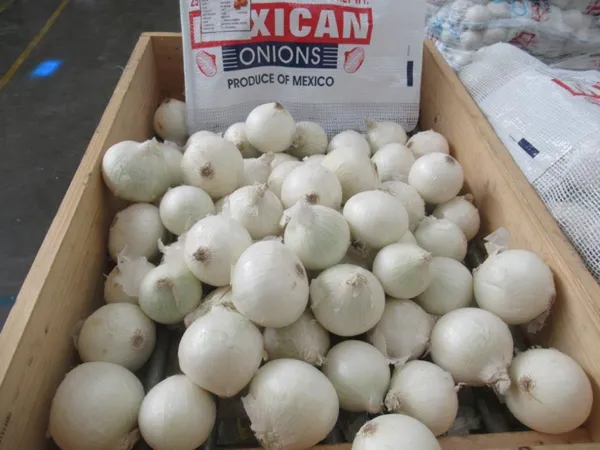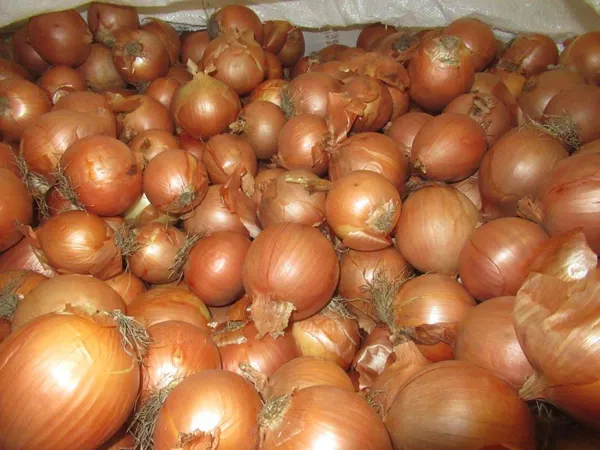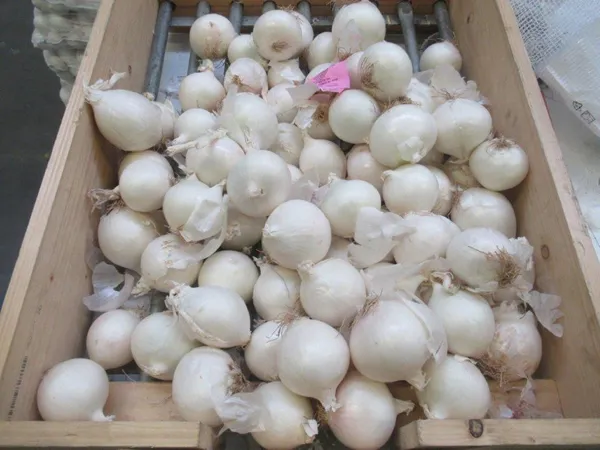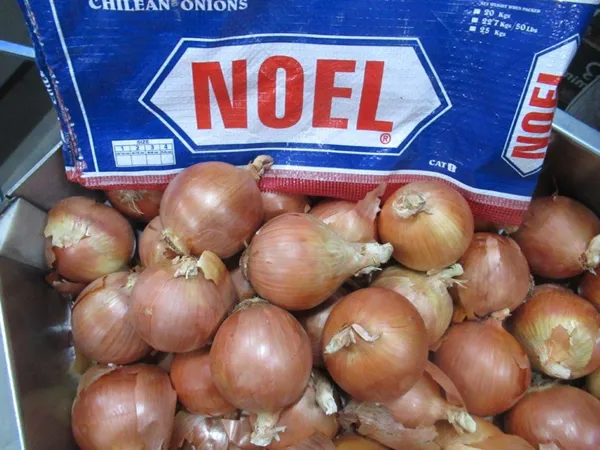The import season is in full swing in Europe. "Denimpex has, again, imported different colored onions from across the globe this year. We got white onions from India, Australia, and Mexico, yellow ones from New Zealand, Tasmania, Chile, Egypt, and Argentina, and red onions from Egypt," begins Joey Deen.

Do Europe's tight supply and high prices benefit this Dutch importer? "Unfortunately, not. Suppliers all over the world are aware of the European situation and have, thus, also raised prices. That makes it a tough season with sky-high sales but very unhealthy margins."
Later than expected, switch to imported onions
"Also, now, at the end of the season, there are enough onions available from all over Europe, after all. That doesn't make things any easier. Most retailers switched to imported onions later than initially thought, though that varies considerably by country. In the last week, many more German, French, and Belgian retailers switched because fewer good-quality European onions are available. But they've not switched completely yet," Joey says.

"I think the demand for imported onions will increase significantly next week. Considering the situation, many packers in the Netherlands are idle because they have no more onions, so the supply's shrinking. There are still some 'cold store onions' in Germany, but not that many. I think demand will pick up slightly since the availability of good European onions is genuinely decreasing, and stores must carry onions."
"Most countries we import from have a normal to good crop, except New Zealand. Its weather has had a great impact and not just on onions. Most produce, especially on the North Island has been hit hard," explains Joey. He says the current market situation does not create additional competition in imported onions. "Onion trading is a specialty, and there aren't very many importers. That number won't increase either; rather, it will decrease."

Unusual year
"Local-for-local is an important trend that began a few years ago in Europe. Stores try to carry local products for as long as possible. This year is unusual, so imported onions are needed," says Deen. "However, since this year's prices were so good, more onions should be grown across Europe. But, it's way too soon to say anything about what the next year will look like for onions."
"The Dutch crop is lagging slightly; as things stand now, those onions will be available a week or two later due to the cold spring. That seems to affect the rest of Europe too. Still, that doesn't say it all. We've already seen several times that nature can catch up very quickly," Joey concludes.

 For more information:
For more information:
Joey Deen
Denimpex
10 Sint Antoniesbree Street
1011 HB, Amsterdam, NL
Tel.: +31 (0) 206 246 390
Email: joey@denimpex.nl
Website: www.denimpex.nl
